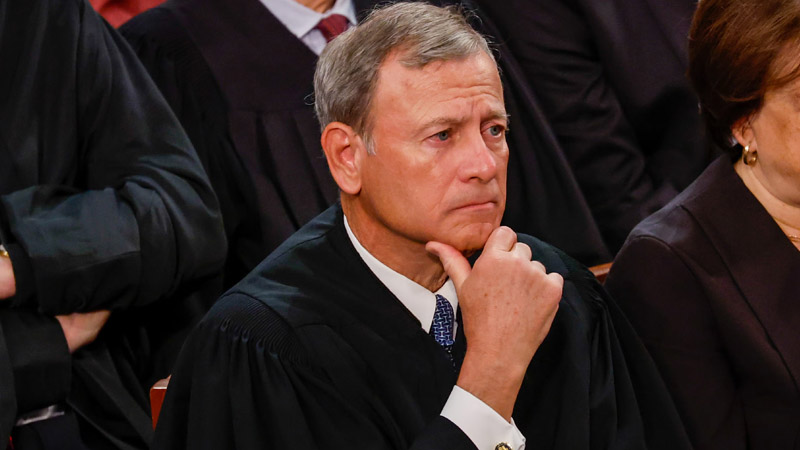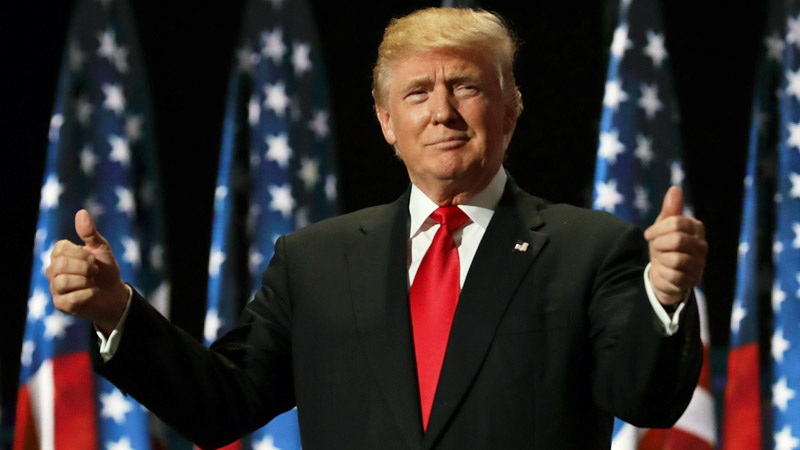Chief Justice John Roberts played a pivotal role in the Supreme Court’s refusal to delay or block sentencing in President-elect Donald Trump’s Manhattan criminal hush money conviction, former federal prosecutor Andrew Weissmann told MSNBC’s Joy Reid on Thursday.
The court’s decision cleared the path for Trump’s sentencing on Friday morning, despite recent rulings by the conservative-majority court that were favorable to Trump. These include decisions preventing states from disqualifying him from ballots under the Fourteenth Amendment and granting him a presumption of criminal immunity for official acts.
However, Judge Juan Merchan is expected to issue a conditional discharge rather than jail time. “To me, this decision by the Supreme Court, this very surprising decision, is also an indictment in many ways on the Justice Department, which has so clearly failed to hold Donald Trump accountable even for an attempted coup,” Reid remarked.
“But it is New York. It is the stalwart pursuit of justice by [District Attorney] Alvin Bragg and the commitment of this judge to follow through … your thoughts?” Weissmann praised the efforts of Manhattan District Attorney Alvin Bragg and the state court judge overseeing the case.

“There is no question that you can’t say enough good things about Alvin Bragg and about the state court judge here who did the right thing and kept their head down and wanted to make sure that the rule of law applied regardless of station,” he said.
Discussing the 5-4 Supreme Court decision, Weissmann highlighted Chief Justice Roberts’ shift in stance from earlier pro-Trump rulings. “The key difference here is that the chief justice switched,” Weissmann explained.
“Amy Coney Barrett dissented on the key part relevant to the issue before the court, and Chief Justice Roberts also switched … those were the two justices who joined the so-called liberal justices to make up five. The court said that the rule of law is going to apply the same way to Donald Trump as it does to anyone else. You raise issues on appeal after sentencing, not before.
That’s what would happen to you and to me and to everyone else.” Weissmann also criticized the narrow margin of the ruling. “That said, it should have been unanimous, not 5-4,” he added.
Looking ahead, Weissmann predicted further polarization in the Court. “What we are going to be seeing in the next four years is whether this will continue being 5-4 and when we are going to see Justice Roberts and/or Justice Amy Coney Barrett switch back,” he noted.
Despite these dynamics, Weissmann emphasized the significance of the ruling. “Tonight we are seeing the Supreme Court having done the right thing … giving the green light for the president-elect of the United States of America to be sentenced tomorrow in state court for 34 felonies.”

